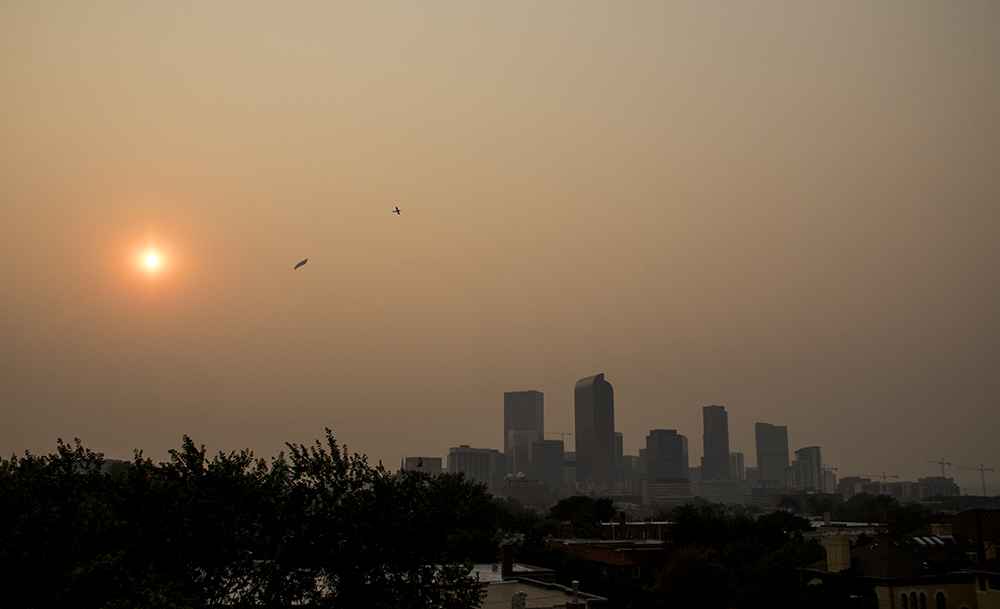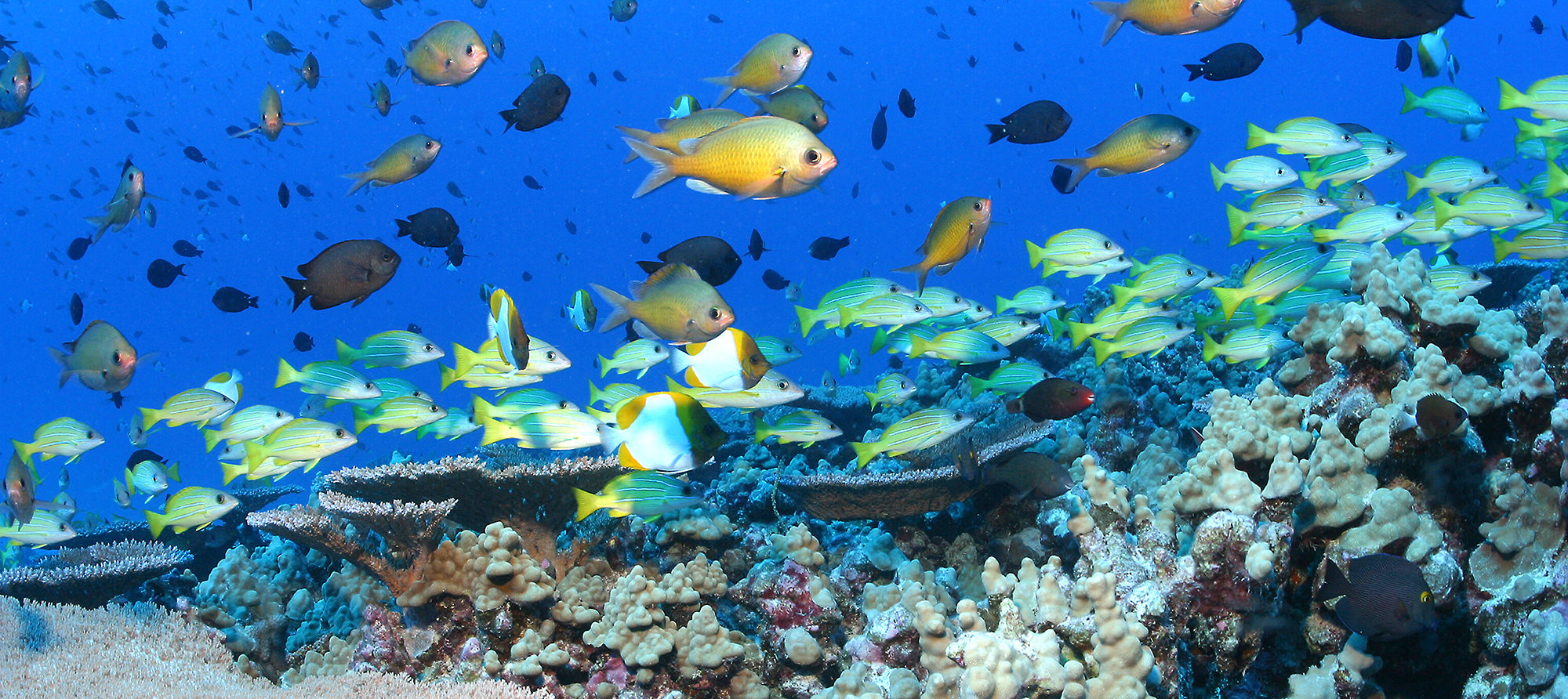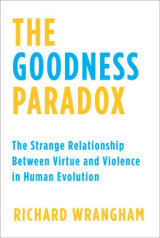 The Goodness Paradox (Teaser): Today’s spring pledge-drive show features brief clips from a recent interview with Richard Wrangham, a primatologist at Harvard University, about his new book, The Goodness Paradox: The Strange Relationship Between Virtue and Violence in Human Evolution. Wrangham discusses with How On Earth hosts Susan Moran and Chip Grandits how, and why, homo sapiens evolved to be both peaceful and violent (less reactively aggressive and more proactively aggressive, like our bonobo ancestors), and what it bodes for the future of human civilization. We will air the full interview on the March 19 science show. Thanks to Pantheon Books for offering KGNU several copies of Wrangham’s book. And thank you to listeners who pledged and received a copy of the book, and to those who have helped power this community radio station for years. If there are any copies of The Goodness Paradox remaining next Tuesday you can call in then and become a member for $60 or more. Or go to kgnu.org and pledge, or increase, your support. We couldn’t do it without you!
The Goodness Paradox (Teaser): Today’s spring pledge-drive show features brief clips from a recent interview with Richard Wrangham, a primatologist at Harvard University, about his new book, The Goodness Paradox: The Strange Relationship Between Virtue and Violence in Human Evolution. Wrangham discusses with How On Earth hosts Susan Moran and Chip Grandits how, and why, homo sapiens evolved to be both peaceful and violent (less reactively aggressive and more proactively aggressive, like our bonobo ancestors), and what it bodes for the future of human civilization. We will air the full interview on the March 19 science show. Thanks to Pantheon Books for offering KGNU several copies of Wrangham’s book. And thank you to listeners who pledged and received a copy of the book, and to those who have helped power this community radio station for years. If there are any copies of The Goodness Paradox remaining next Tuesday you can call in then and become a member for $60 or more. Or go to kgnu.org and pledge, or increase, your support. We couldn’t do it without you!
Hosts: Chip Grandits, Susan Moran, Joel Parker
Producer: Susan Moran
Engineer: Joel Parker
Executive Producer: Beth Bennett
Listen to the show here:
Podcast: Play in new window | Download (Duration: 27:39 — 25.3MB)
Subscribe: RSS





 Athlete’s Guide to Recovery (starts at 5:39): Colorado is riddled with athletes, many of them incessantly chasing the latest recovery products and services that will enhance their performance — from Gatorade and other ubiquitous sports-recovery drinks, to supplements, to compression boots, to cryochambers, to good old-fashioned massages. How solid is the solid the science behind the multi-million marketing campaigns?
Athlete’s Guide to Recovery (starts at 5:39): Colorado is riddled with athletes, many of them incessantly chasing the latest recovery products and services that will enhance their performance — from Gatorade and other ubiquitous sports-recovery drinks, to supplements, to compression boots, to cryochambers, to good old-fashioned massages. How solid is the solid the science behind the multi-million marketing campaigns? 

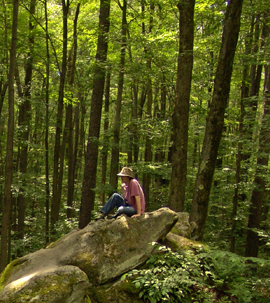

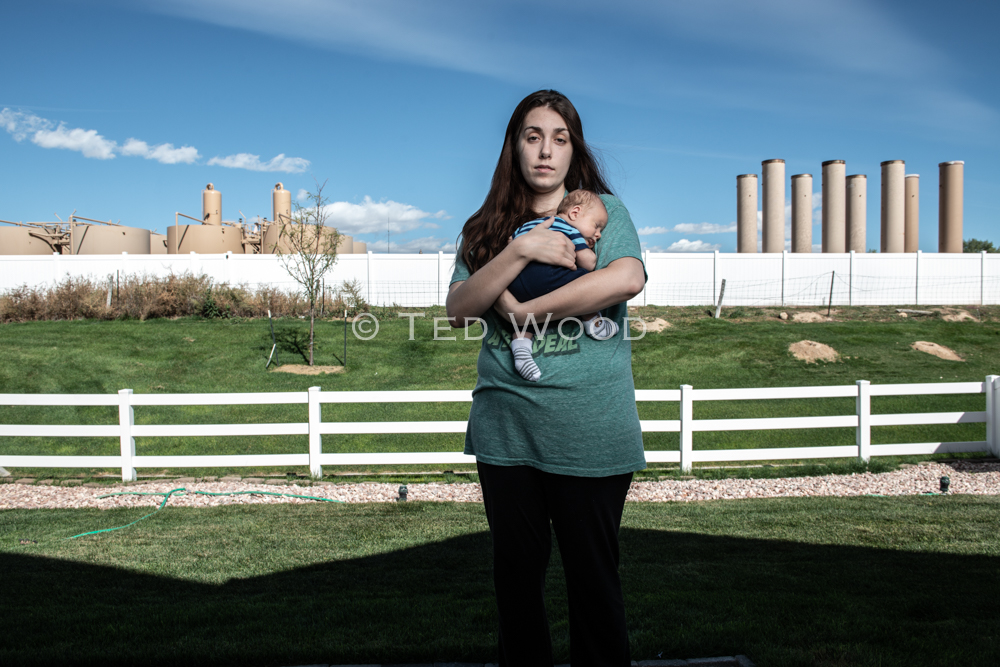
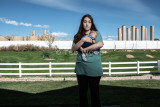
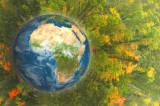 Healthy Planet+Healthy Humans? (start time: 14:46)
Healthy Planet+Healthy Humans? (start time: 14:46) 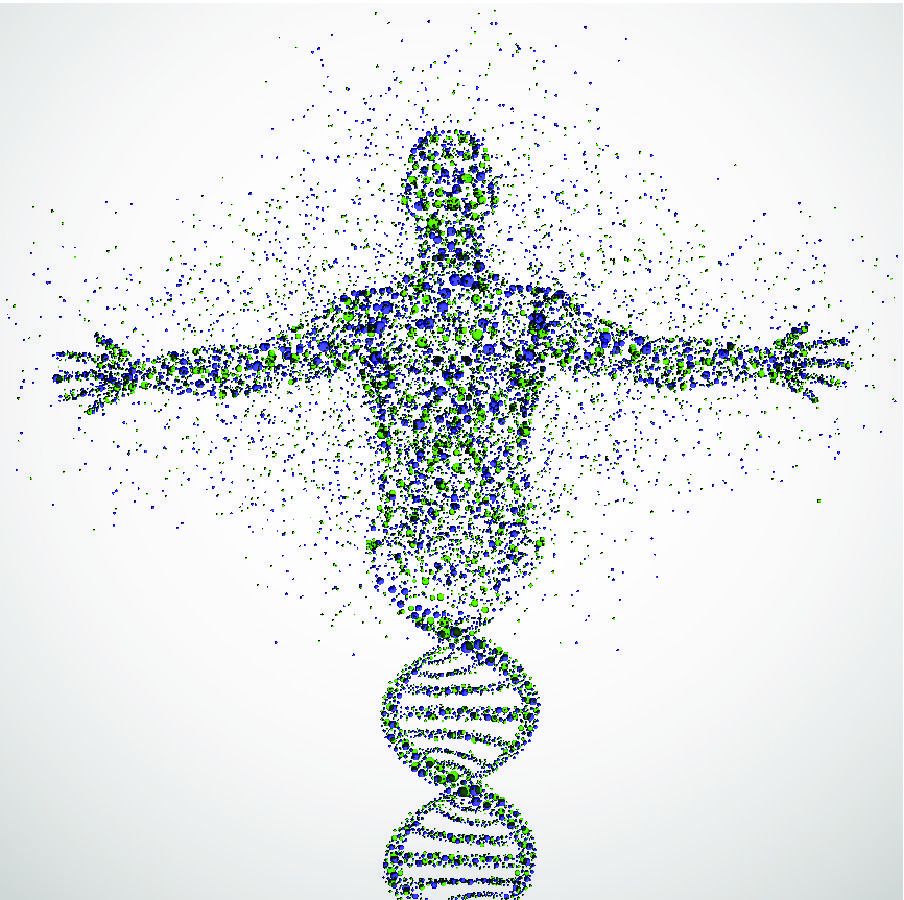
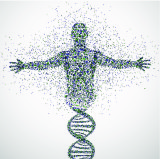 Regenerative Medicine (start time: 7:30): We begin our series on
Regenerative Medicine (start time: 7:30): We begin our series on 
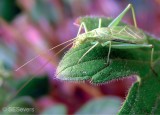
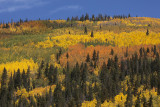

 This week’s How On Earth offers two features:
This week’s How On Earth offers two features: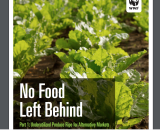 Fixing Food Waste (start time: 17:59) We’re all guilty of it: waste. Tossing out peaches, broccoli and other food that has gone bad in the fridge. Or leaving pasta on our plate untouched at an Italian bistro. More than one-third of all food that is produced in the United States is wasted – in the field, at restaurants, in our own kitchens. The conservation organization World Wildlife Fund recently published a report on the huge environmental and health impacts of food waste, and on what can be done to reduce waste, and ultimately preserve grasslands and other natural habitat. Monica McBride, manager of
Fixing Food Waste (start time: 17:59) We’re all guilty of it: waste. Tossing out peaches, broccoli and other food that has gone bad in the fridge. Or leaving pasta on our plate untouched at an Italian bistro. More than one-third of all food that is produced in the United States is wasted – in the field, at restaurants, in our own kitchens. The conservation organization World Wildlife Fund recently published a report on the huge environmental and health impacts of food waste, and on what can be done to reduce waste, and ultimately preserve grasslands and other natural habitat. Monica McBride, manager of 